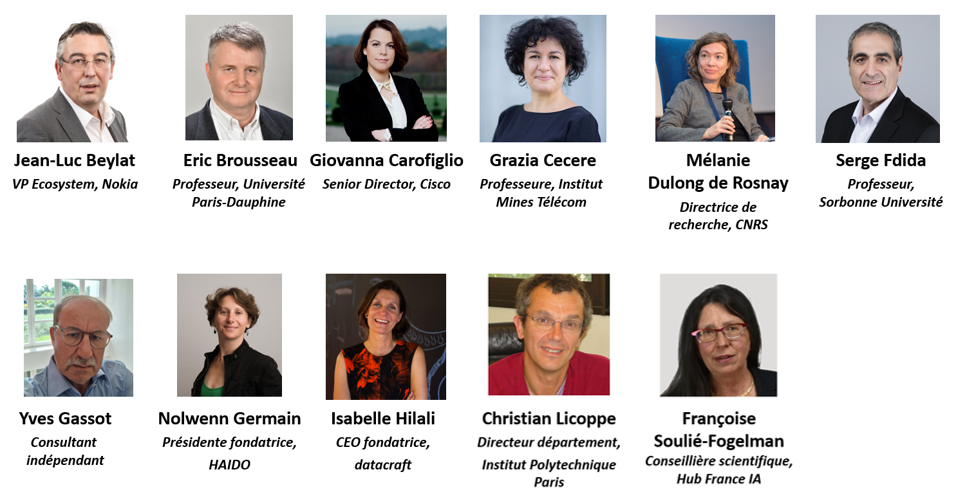Optical fibre network deployment has entered its final stage in France. 4G mobile networks have been widely deployed and 5G network rollouts are progressing steadily.
Safeguarding the resilience of these networks is imperative, to ensure the continuity of communication services and their rapid restoration after an outage. This resilience is the core focus of the 3rd French National action plan on climate change adaptation, or PNACC (Plan national d’adaptation au changement climatique) and an issue that Arcep identified as among the nine goals of its “Ambition 2030” strategic review.
Resilience issues and challenges, stakeholder experiences and action plans: the institutional ecosystem involved in safeguarding electronic communications networks’ resilience gathers for a webinar
The Ministry of the Economy, Finance and Industrial and Digital Sovereignty’s Directorate-General for Enterprise (DGE) and Arcep are hosting a webinar today devoted to safeguarding the resilience of electronic communications networks, and aimed at public actors involved in regional planning and development. Arcep will present a briefing note produced with the support of its “Future Networks” Scientific committee, who will also be in attendance. The DGE and the Defence Electronic Communications Commission (CCED) will share their experience with the latest extreme weather events and the lessons drawn from them. Also on the agenda are talks from the Ministry of the Interior, the Ministry for the Ecological Transition and the National Agency for Territorial Cohesion (ANCT).
Arcep’s briefing note, produced in concert with its “Future Networks” Scientific committee
Arcep’s briefing note draws on work carried out with multiple stakeholders and in concert with the “Future Networks” Scientific committee. It sets out the risks weighing on electronic communications systems, be they new, of unprecedented scale or increased frequency. The goal is to develop an understanding of the issues and challenges surrounding network resilience, and thereby enable every stakeholder, telco and public authority alike, to make informed decisions. To this end, the Authority will present a set of best practices for improving network resilience, compiled through extensive interviews, reading and participation at conferences.
Three main types of risk that have significant effects on electronic communications networks and services were thus identified:
- Organisational risks: a value chain that is being fragmented, along with a likely increase in competition for the strategic resources needed to ensure that networks run smoothly, hence their resilience;
- Technological risks tied to the critical nature of physical submarine connectivity infrastructures that need to be secured, and to the networks’ structural changes driven by their virtualisation and software-defined networking;
- Natural hazards resulting from climate change whose impact on, notably electronic communications, network infrastructures represent a core resilience challenge for our businesses and our societies.
These are long-lasting issues, and require stakeholders to adopt a resilience strategy, in some cases over several decades, along with operational action plans to be implemented gradually.
Associated document:
- “Future networks” briefing note on electronic communications networks’ resilience
- Slides presentation
- The replay of the webinar

Arcep’s “Future networks” cycle of inquiry
The purpose of the “Future networks” cycle of inquiry is to prepare Arcep for upcoming challenges in network regulation, and to steer its actions accordingly. Analyses are conducted on topics identified by Arcep and its Scientific committee to understand how networks are likely to evolve over the next five to ten years.
The first two topics for the current “Future networks” cycle of inquiry were identified in October 2023: “Telecoms with an IT core” and “Network resilience” whose briefing notes are now available on the Arcep website. In keeping with this forward-looking approach, additional topics have been explored in detail: “Data in future networks,” “Viewing telecom networks through the lens of digital habits and people’s expectations,” “Networks and artificial intelligence and “Networks and quantum technologies”.
Arcep invites anyone wanting to do so to contribute to these analyses and to send their contributions to reseaux-du-futur[a]arcep.fr
Additional topics will come to flesh out the “Future networks” cycle of inquiry over time.
